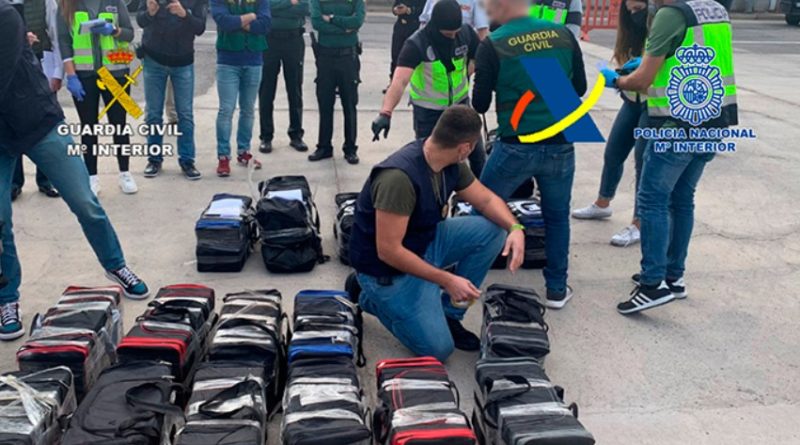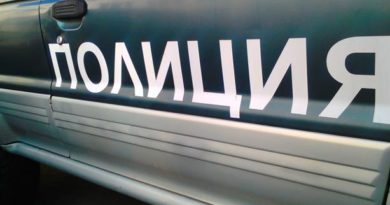A fishing boat intercepted with 560 kilos of cocaine north of the Canary Islands
Members of the Spanish Civil Guard, in a joint operation with the National Police and Customs Surveillance of the Tax Agency, have intercepted a 19-meter-long fishing vessel, named ‘Mestre Doca I’, some 230 nautical miles north of the Canary Islands. , with the flag of Brazil, which was transporting 560 kilos of cocaine.
Within the framework of international collaboration through the exchange of information between the MAOC-N (Atlantic Analysis and Operations Center) and the CITCO (Intelligence Center Against Terrorism and Organized Crime), Civil Guard investigators, The National Police and the Tax Agency’s Customs Surveillance Service had come to determine the possible involvement of a vessel suspected of illicit drug trafficking from South America, thus giving way to the exploitation phase of the operation.
From that moment, the Customs Surveillance of the Tax Agency established the opportune aeronaval device that resulted in the location of the fishing boat by the patrol boat ‘Fulmar’ of the Tax Agency in the early hours of the 19th.
The suspicious vessel, upon detecting the presence of Customs Surveillance agents, carried out evasive maneuvers and fled, which increased suspicions that it was carrying out some illegal activity.
At the time of the boarding, it was observed that the fishing boat was transporting a significant number of bundles of those usually used for cocaine trafficking, so, at that time, the seven crew members of the boat were arrested, six Brazilians and a Frenchman, as well as the apprehension of the ship, which has been transferred to the port of Santa Cruz de Tenerife this morning. The operation has been directed and coordinated by the Anti-Drug Prosecutor’s Office of the National High Court.
Approach in full time
The navigation and assault conditions were very complicated due to the bad situation of the sea, as the actions were carried out in the middle of a storm. Despite this, the rapid action of the special operations ship ‘Fulmar’ and its crew prevented the transshipment of the drugs to other vessels, which would have made it difficult to detect the cache.
Both the detainees, as well as the boat, the drug and the police proceedings will be handed over to the Central Investigating Court acting as guard of the National High Court.
This operation is one more of those carried out in the fight against drug trafficking in the so-called ‘Atlantic cocaine route’, known for being used by fishing boats that, coming from South America, transship narcotic substances in the middle of the Atlantic for their subsequent introduction to the European continent.



